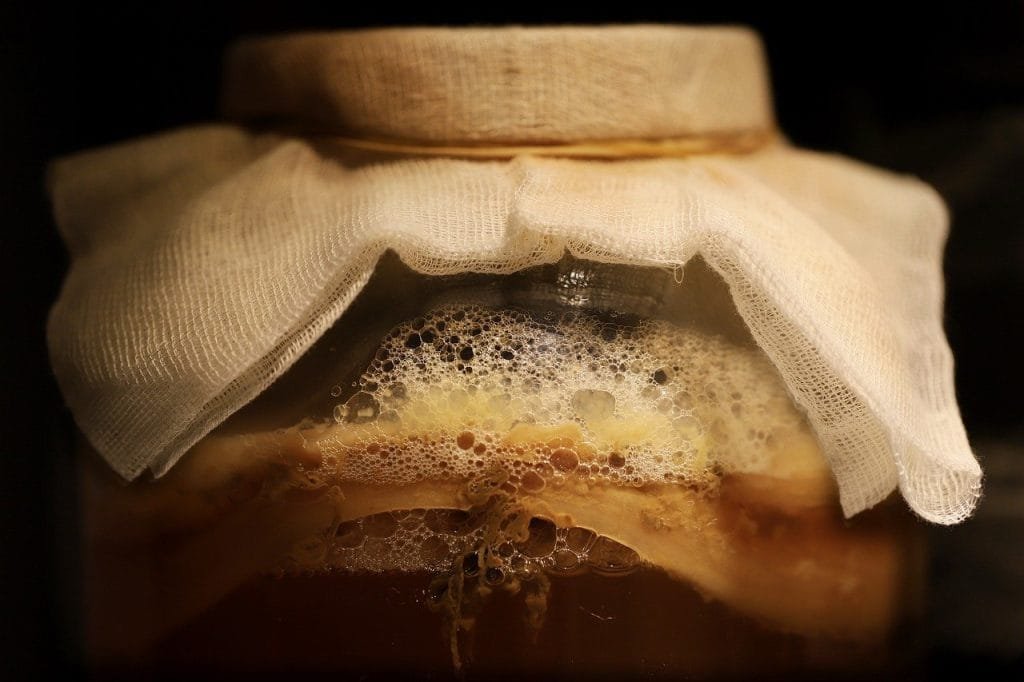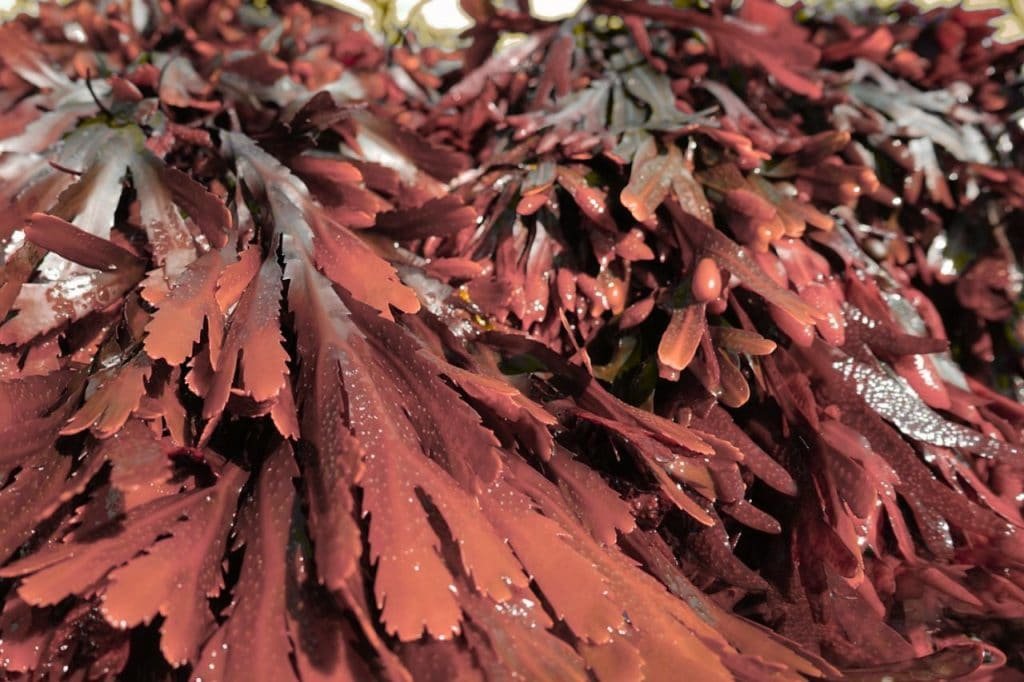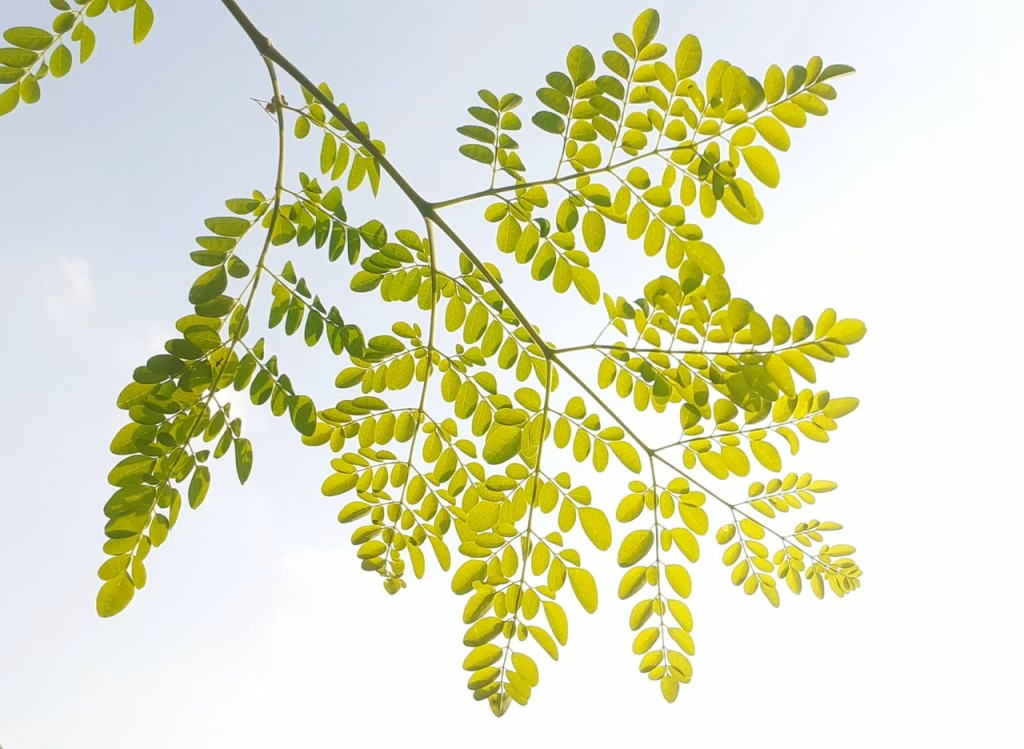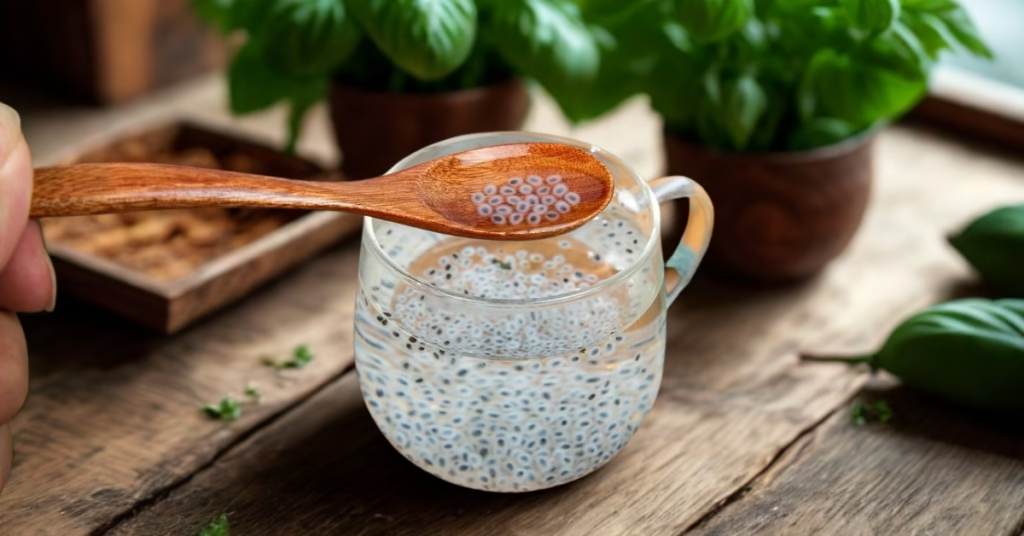One of my childhood memories is of my mom drinking a strange-smelling liquid from a jar with an alien-looking mushroom. She tried to convince us kids, to try it, but there was no chance I would drink this disgusting beverage. Yesterday, I brewed my first jar of this same drink – kombucha.
I love testing different flavours of organic kombucha and am looking forward to trying my own brew. But is it healthy or another wellness fad? Are there any benefits of drinking kombucha every day?
Let’s dig in…
What is Kombucha?
Kombucha is a fermented drink made from tea, sugar, bacteria, and yeast (a SCOBY). It originated in China around 220 B.C., was known for its healing properties, and was called the “Tea of Immortality.” (1) Traditionally, it is made from black or green tea and is naturally sparkling due to the fermentation process.
What are the benefits of
Kombucha?
There are many claims about kombucha’s superpowers: it is claimed to improve resistance against cancer, prevent cardiovascular diseases, promote good digestion, boost the immune system, reduce inflammation, manage diabetes, and so much more. But what does science say? What are the proven benefits of kombucha?
Kombucha is packed with probiotics and antioxidants because of tea and a mix of microbes created by the fermentation process. These components produce an array of antioxidants, vitamins, and enzymes. The health benefits we hear about, like immune system support, anti-inflammation, and disease protection, come from studies done in labs and on animals (in vitro and in vivo studies)*. While these studies show promise, we need more research to understand kombucha’s benefits in humans. (7)
Clinical trials with rats showed positive results for the potential of using Kombucha against liver and kidney toxicities (2). We need human studies to prove that it would have the same benefits for people. (3) (4)(6)
With many health claims, there are a few reported side effects like upset stomach, allergies, and even toxic reactions (5)
Is kombucha low in sugar?
We all know that sugar is bad for us; what about the sugar content in kombucha?
Kombucha needs sugar to ferment. It is a food for SCOBY, which breaks it down into alcohol and carbon dioxide. The bacteria then process the alcohol into organic acids.
The fermentation process also relies on sugar to make the kombucha fizzy.
A longer fermentation period results in less sugar and a more sour taste in the kombucha because the SCOBY has more time to “eat” it.
How much sugar is left after the fermentation process?
I compared ten different unflavored brands of Kombucha, and the sugar content varied from 0.5 g to 4.6 g per 100 ml, with most of the brands having around 4g of sugar per 100 ml.
According to the NHS, adults should have no more than 30g of added sugars a day, and products are grouped to be high or low in sugar:
- high: more than 22.5g of total sugars per 100g
- low: 5g or less of total sugars per 100g (8)
Kombucha is not sugar-free most of the time, but it is low in sugar compared to other drinks. If you consume a 300ml can, that is more than one-third of your daily allowance, so be mindful of how much kombucha you drink daily.
Which kombucha should I choose?
Choosing Kombucha is the same as choosing wine, beer, or tea. However, because there are so many manufacturers and production processes, the quality can vary. To focus purely on the quality, I recommend paying more attention to the ingredient list on the back of the bottle.
When choosing a shop-bought Kombucha, I would pay attention to whether it is raw or unpasteurised, organic and unfiltered. I would avoid brands with added natural or synthetic flavours and added sugar or sweeteners after the fermentation.
I recommend choosing artisan brands that produce small batches of products and focus on making the best quality Kombucha.
I would avoid kombucha in plastic bottles for environmental issues, microplastics, and for taste (any kombuchas I tried in plastic bottles did not taste nice).
What about flavoured Kombucha?
I would choose unflavoured kombucha to understand its unique flavour. If you choose a flavoured drink, the added flavours will usually overpower the delicate sour taste of kombucha. There are kombucha varieties made of different kinds of tea, like green, jasmine, or hibiscus, with more unique flavours.
If you want to try other flavours, I would choose added juices and organic pure ingredients like apple juice and peppermint instead of Natural Flavourings**.
Should I drink Kombucha regularly?
It depends. If you do not like the taste of kombucha and are only drinking it for the health benefits, I would stick to green or black tea or water. Eat some sauerkraut or kimchi for your source of probiotics until there are more human studies to understand the benefits of kombucha a bit better.
If you like kombucha’s refreshing and acidic taste and, like me, drink it instead of alcohol or sugary drinks, I would continue drinking it. However, I would choose raw or unpasteurised, organic, and unfiltered varieties without any sweeteners or “Natural Flavours” added. You could also brew it yourself in sterile conditions.
If you love kombucha but hate the price tag, you can make your own kombucha at home. Here is an article if you want to learn more: HOW TO BREW KOMBUCHA AT HOME: DOS AND DON’TS FOR BEGINNERS
If you want to learn more about fermented foods, read 15 FERMENTED FOODS FOR YOUR GUT HEALTH
Please Note: This post is for informational purposes only and is based on research. It’s not medical advice. If you have health concerns, it’s always best to consult with a healthcare professional. Enjoy reading!
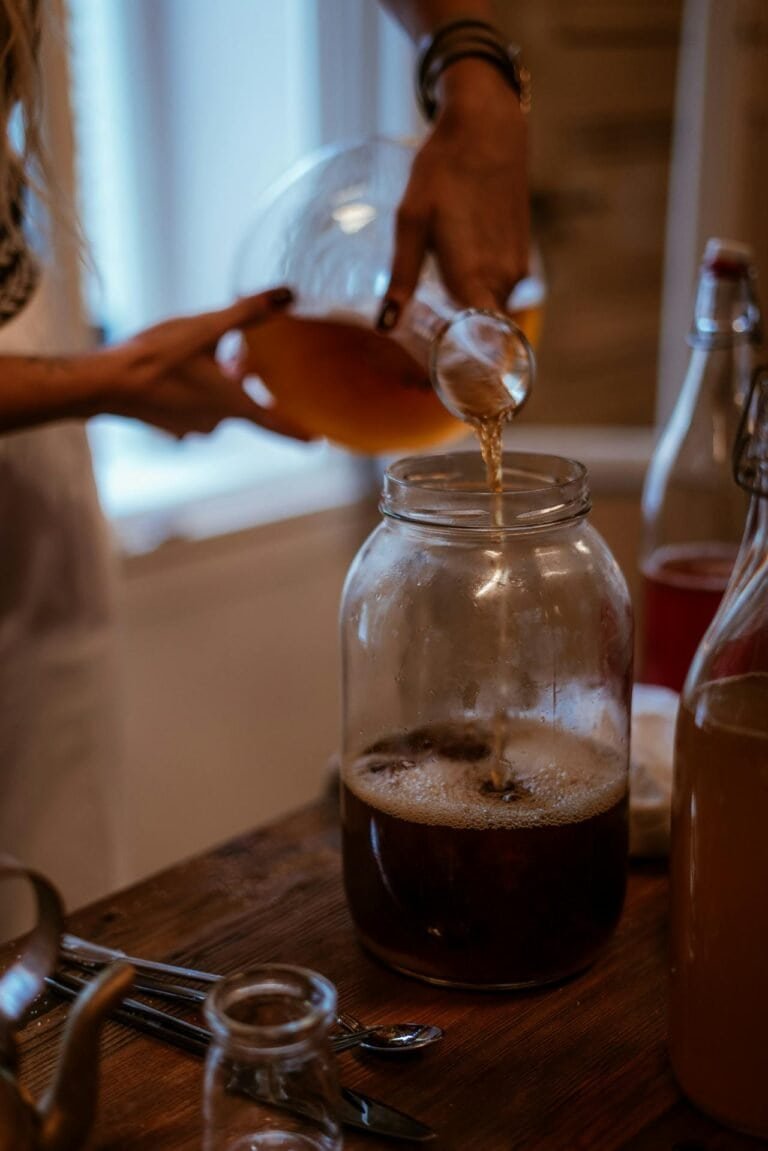
Does Kombucha Have Caffeine?
Yes, Kombucha has Caffeine as it is brewed from black or green tea, which contains caffeine; however, the fermentation process does reduce the caffeine content quite significantly, leaving between 1/3 to 1/10th of the original caffeine. So if you are not too sensitive to caffeine, you should be fine even drinking kombucha in the evening.
Does Kombucha Have Alcohol?
Yes, it does have a small amount from the fermentation, less than 0.5% ABV, which is considered non-alcoholic and is not enough to get you even slightly tipsy.
To Summarise,
Kombucha is a tasty and refreshing beverage loved by many. It is definitely healthier than a can of pop as it is made from tea and is fermented. However, we are lacking human studies to prove the benefits of kombucha. It is also important to remember that not all drinks are made equally, so I would always choose a good quality,non-pasteurized, organic kombucha made in small batches, or make it yourself.
Are you a regular kombucha drinker? Let me know if you notice some benefits in the comment section.
Updated on 28/12/2025 by Silvija Meilunaite
*“In vitro” studies are experiments conducted outside of living organisms, often in petri dishes or test tubes, to observe how certain factors affect cells or microorganisms directly. “In vivo” studies are done within living organisms like animals, to see the effects of substances like kombucha on a whole system.
**Natural flavourings or flavours, are complex mixtures created by extracting, purifying, or processing the flavour parts of natural sources, such as plant or animal materials. The primary purpose of natural flavourings is to impart or enhance the flavour of food and beverage products without adding any nutritional value. While natural flavorings are derived from natural sources, they are often highly processed to isolate the desired flavour compounds. This processing means that the final flavouring might not contain much of the original source material.
(2). https://pubmed.ncbi.nlm.nih.gov/25856715/
(3) https://ift.onlinelibrary.wiley.com/doi/full/10.1111/1750-3841.14068
(4) https://www.informaticsjournals.com/index.php/jnr/article/view/34587/23246
(5) https://www.sciencedirect.com/science/article/abs/pii/S0963996900000673?via%3Dihub
(6) https://www.mdpi.com/2311-5637/9/1/48
(7) https://www.mdpi.com/2311-5637/9/1/48
(8) https://www.nhs.uk/live-well/eat-well/food-types/how-does-sugar-in-our-diet-affect-our-health/
https://nutritionfacts.org/video/kombuchas-side-effects-is-it-bad-for-you/
https://ift.onlinelibrary.wiley.com/doi/full/10.1111/1750-3841.14068
Silvija Meilunaite, PN1-NC, CSMC, is a certified nutrition and menopause coaching specialist who writes about midlife health, nutrition, and evidence-based wellness. She focuses on research-driven approaches to feeling better in your 40s and beyond, with a special interest in low-tox living and supportive daily habits.
- This author does not have any more posts.

